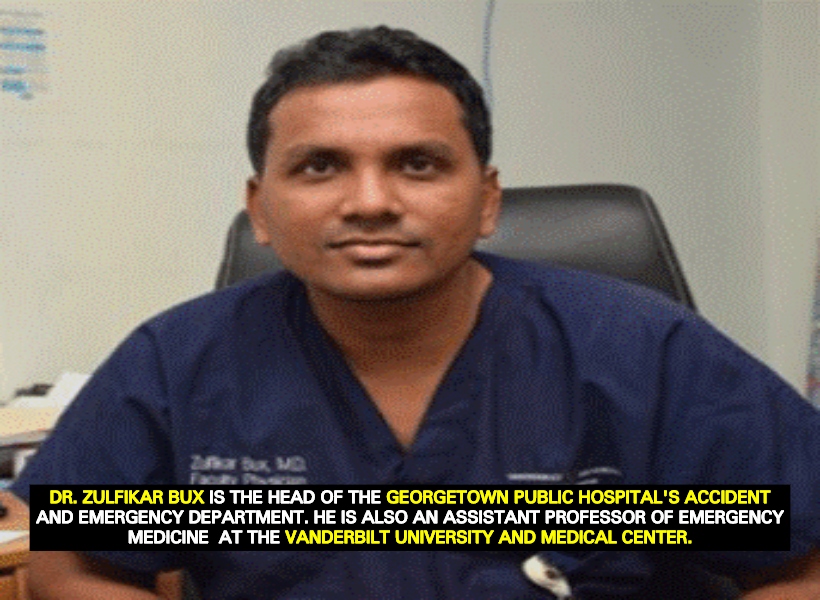Marijuana use is on the increase in Guyana and worldwide. There is an increase in the request for legalizing its use, but there is still a division in views when it comes to this controversial drug. Marijuana is a drug that comes from the leaves and flowers of a plant. The plant is also called marijuana. It is usually sold in the form of leaves and buds. It is important that we highlight the effects of this drug and the challenges faced when it is misused.
WHAT DOES MARIJUANA DO TO THE BRAIN AND BODY?
Marijuana can make you feel happy and relaxed. It can also make you feel less anxious, tense, and depressed. But it does bad things, too. It makes it hard to focus or remember things, or to think clearly. Plus, it slows your reaction time and impairs your judgement.
Marijuana can also:
- Make your heart race
- Raise your blood pressure
- Make you breathe faster
- Make your eyes red
- Make your mouth dry
- Make you hungry
WHO USES MARIJUANA?
Marijuana use is common worldwide. About four percent of people ages 15 to 64 in the world have used it in the last year. Younger people are more likely than older people to use it, and men are more likely than women to use it.
DOES MARIJUANA HAVE ANY MEDICAL BENEFITS?
Maybe. Marijuana might help ease pain and other symptoms caused by cancer or cancer treatment. It might also help with the symptoms of multiple sclerosis. Some medicines are made from the same active ingredients that are in marijuana. It does not cure cancer or any illness.
WHAT IS CANNABIS USE DISORDER?
Cannabis use disorder is basically the medical term for marijuana addiction. People used to think that marijuana was not addictive, but that turns out not to be true. Marijuana addiction does exist, and it can be mild to severe. People with marijuana addiction have two or more of the following problems. The more of these they have, the more severe their disorder:
- They end up using more marijuana than they planned to, or they use it for longer than they planned to.
- They wish they could cut down on drugs, but they can’t.
- They spend a lot of time trying to get drugs, getting high, or recovering from being high.
- They crave or have a strong desire or urge to use marijuana.
- Because of their marijuana use, they often don’t do things that are expected of them, such as go to work or school, remember family events, and clean their home.
- They keep using marijuana even if it causes or worsens problems in their relationships or interactions with other people.
- They stop or cut back on important social, work, or fun activities they used to do.
- They keep using marijuana even in situations where it is dangerous to do so (such as while driving).
- They keep using marijuana even when they know they have a physical or mental problem that was probably caused or made worse by their marijuana use.
- They need to smoke more and more to get the same effects they used to get with less. Or they get less effect from using the amount that used to get them high. This is called “tolerance.”
- They have “withdrawal symptoms” if they stop using marijuana after using it for a long time. Withdrawal symptoms can include:
- Irritability, anger or aggression
- Nervousness or anxiety
- Trouble sleeping (sometimes because of weird dreams)
- Decreased appetite or weight loss
- Restlessness
- Sadness or depression
- At least one of the following physical symptoms: stomach pain, shaking, sweating, fever, chills, headache
HOW IS MARIJUANA ADDICTION TREATED?
In general, treatment involves addiction counseling and taking part in a support group.
- Addiction counseling – People with addiction work with a counselor to better understand their addiction. They learn new ways to lead their life that do not involve drugs.
- Support groups – In support groups, people with addiction share their experiences with each other.
Some people cannot stop using marijuana even with counseling and support groups. They might benefit from a more structured treatment programme that includes specific types of therapy, behavioral exercises, and routine drug testing.
There are also a couple of medicines that might help some people who cannot stop using marijuana with the usual treatments. There is not a lot of proof that these medicines work, but some experts think it is worth trying one of them and should be supervised with regular doctor visits.
For specific situations, there are other treatments. An example is family therapy, which can be especially helpful for children or teens with addiction, who have families willing to participate in treatment.
Now that you are aware of the effects of marijuana, you may be able to make a better decision about its use. My take is that it is not safe and has too many health hazards. It gives your body the short term pleasure with long lasting ills or sometimes even deadly effects.













